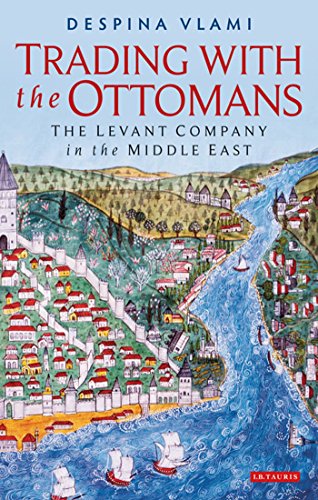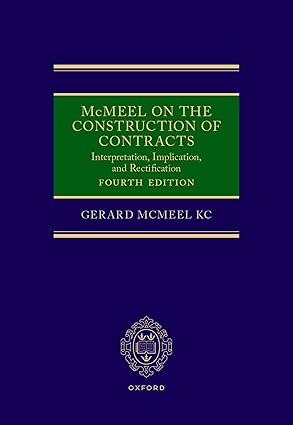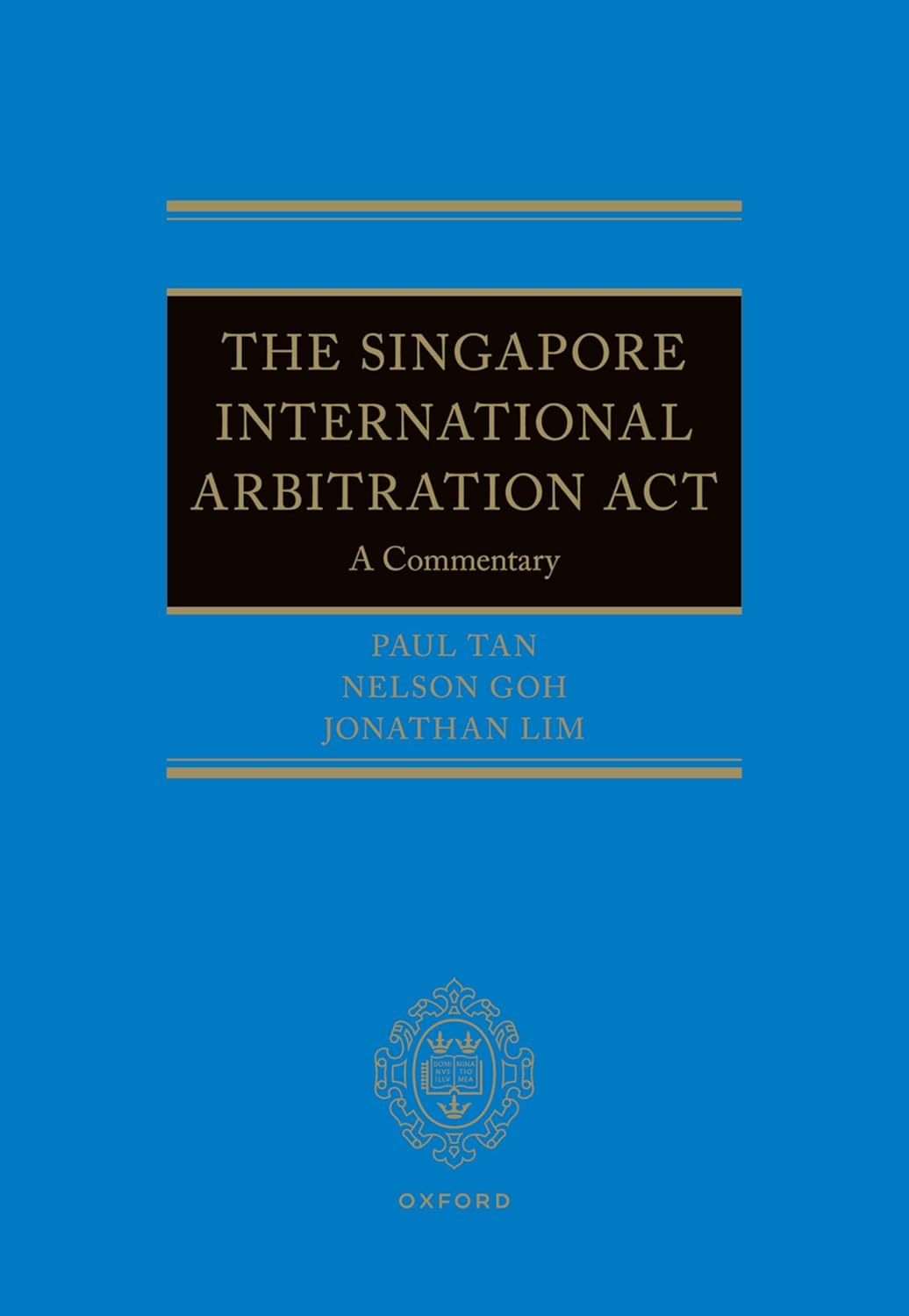he Levant Company was an English chartered company that traded in the Levant from the late sixteenth century to the 1820s. A chartered company was a type of corporation that evolved in sixteenth-century Europe and operated under a charter granted by a sovereign authority. The charter conferred to a group of traders, or a number of shareholders, a trading monopoly in a specific geographical area or for a specific type of trade. Chartered companies have been generally considered concurrent and instrumental to the growth of long-distance trade in the early-modern period.1 The English, French and Dutch governments encouraged chartered companies to assist trade and promote overseas exploration, driving private resources to pursue foreign trade policies when treasury resources were limited.2 Early trading companies founded in England under a royal charter were usually formed as joint-stock or regulated companies. In the first case, the organisation itself engaged in business, operating with the joint capital invested by members, each of whom shared in the profits and losses proportionally. This was the case of the Muscovy (1555 – 1746), East India (1600 – 1858), Hudson’s Bay (1670) and Royal African (1672 – 1712) companies. In a regulated company – as was the case of the Levant Company and the Merchant Adventurers (founded in 1407) – each company member operated independently following his own strategy and using his own resources and capital. Members were nevertheless obliged under oath to comply with the company’s regulations and pay taxes.3
چکیده فارسی
he Levant Company یک شرکت اجاره ای انگلیسی بود که از اواخر قرن شانزدهم تا دهه 1820 در شام تجارت می کرد. شرکت چارتر نوعی شرکت بود که در اروپای قرن شانزدهم تکامل یافت و بر اساس اساسنامه ای که توسط یک مقام مستقل اعطا شده بود، فعالیت می کرد. این منشور به گروهی از تاجران یا تعدادی از سهامداران انحصار تجارت در یک منطقه جغرافیایی خاص یا برای نوع خاصی از تجارت را اعطا می کرد. شرکتهای چارتری عموماً همزمان و عاملی برای رشد تجارت از راه دور در دوره اولیه مدرن محسوب میشوند. دولتهای انگلیس، فرانسه و هلند شرکتهای چارتری را تشویق کردند تا به تجارت و ترویج اکتشافات خارج از کشور کمک کنند و منابع خصوصی را به دنبال تجارت خارجی هدایت کنند. سیاستهایی که منابع خزانهداری محدود بودند. 2 شرکتهای تجاری اولیه که در انگلستان بر اساس منشور سلطنتی تأسیس شدند، معمولاً به صورت شرکتهای سهامی یا تحت نظارت تشکیل میشدند. در حالت اول، سازمان خود به تجارت مشغول شد و با سرمایه مشترک سرمایه گذاری شده توسط اعضا، که هر یک از آنها به طور متناسب در سود و زیان سهیم بودند، فعالیت می کرد. این مورد در مورد شرکت های Muscovy (1555-1746)، شرق هند (1600-1858)، خلیج هادسون (1670) و Royal African (1672-1712) بود. در یک شرکت تحت نظارت - مانند مورد شرکت Levant و Merchant Adventurers (تاسیس شده در 1407) - هر یک از اعضای شرکت به طور مستقل با پیروی از استراتژی خود و با استفاده از منابع و سرمایه خود عمل می کردند. با این وجود، اعضا تحت سوگند موظف به رعایت مقررات شرکت و پرداخت مالیات بودند.3
ادامه ...
بستن ...
Author(s): Despina Vlami
Series: Library of Ottoman Studies
Publisher: I.B.Tauris, Year: 2015
ISBN: 1780768893,9781780768892
ادامه ...
بستن ...










